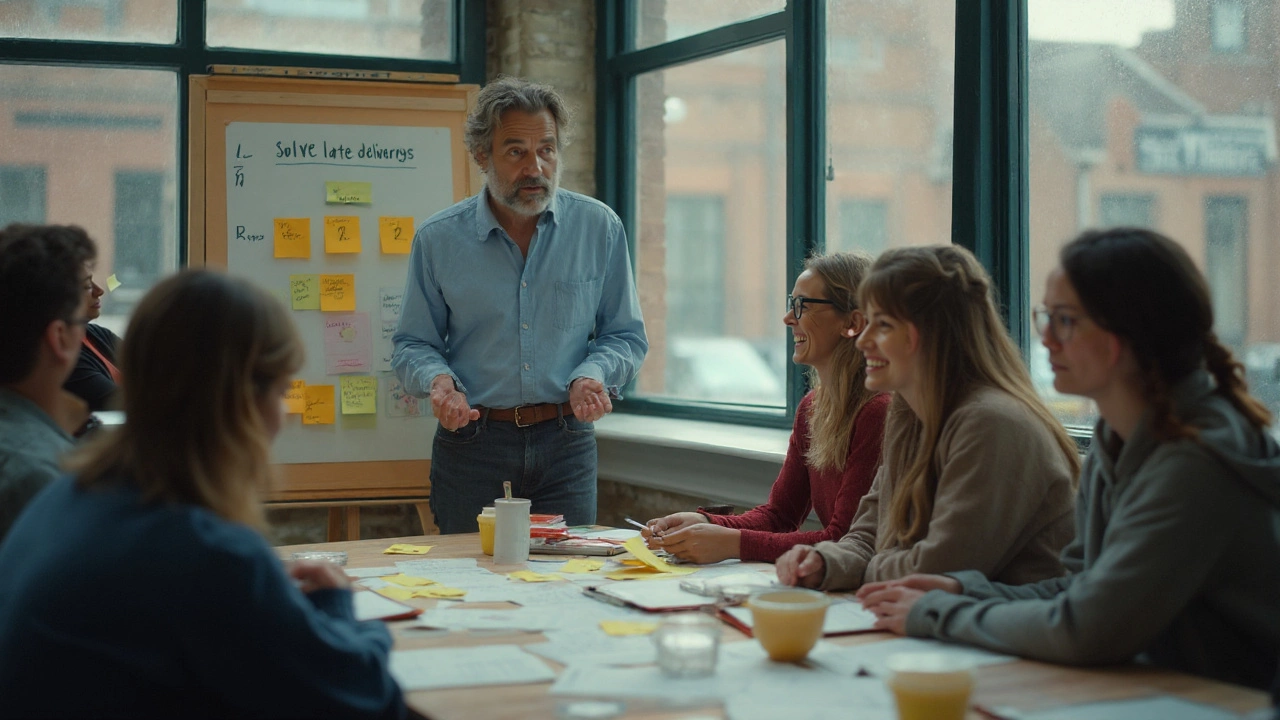Adult Learning Principles: How Grown‑Ups Learn Best
If you think learning stops after school, think again. Adults keep picking up new skills, and they do it in ways that differ from kids. Knowing the basics of adult learning can help you study smarter, teach better, or support someone else’s growth.
Why Adult Learning Is Different
First off, adults bring life experience to the table. That means they connect new ideas to things they already know. When a concept clicks with a real‑world example, the brain locks it in faster. Second, adults usually have clear goals. Whether it’s a promotion, a hobby, or a career change, that purpose fuels motivation. Third, time is precious. Grown‑ups juggle work, family, and errands, so they need learning that fits into tight schedules.
Another big factor is self‑direction. Adults like to decide what, how, and when they learn. Offer choices, and they’ll engage more. Finally, emotions matter. A supportive environment where mistakes are seen as steps forward keeps adults from shutting down.
Practical Tips to Apply the Principles
1. Link New Info to Real Life. Use case studies, personal stories, or work scenarios. If you’re learning Excel, practice on the exact reports you handle at work, not on random data.
2. Set Clear, Measurable Goals. Break a big aim (like ‘learn Python’) into bite‑size milestones (‘write a script to clean CSV files’). Celebrate each win – it builds momentum.
3. Keep Sessions Short and Focused. Aim for 20‑30 minute blocks with a single objective. This respects limited attention spans and avoids burnout.
4. Offer Choice and Control. Let learners pick topics, resources, or the order they study. When they feel ownership, they push harder.
5. Use Multiple Formats. Mix reading, videos, hands‑on practice, and discussion. Some adults absorb better by watching, others by doing.
6. Encourage Reflection. After a lesson, ask, “What’s one thing that makes sense now?” or “How could I apply this tomorrow?” Writing a quick note cements learning.
7. Provide Immediate Feedback. Whether it’s a quiz score or a peer comment, quick feedback tells adults if they’re on track or need a tweak.
By weaving these ideas into any learning plan, you respect how adults naturally learn. It cuts frustration, speeds up mastery, and makes the whole process feel worthwhile.
Remember, adult learning isn’t about cramming facts; it’s about connecting, applying, and growing. Use the principles above, stay flexible, and watch both yourself and the people you guide make steady progress.
What Is a Key Principle of Adult Learning? Adults Are Self‑Directed and Problem‑Focused
The core principle of adult learning: adults are self-directed and learn best when content is relevant and problem-focused. Clear steps, examples, checklists, and FAQs.
Unlocking the Secrets of Effective Adult Learning
Adult learning is a unique process that requires understanding specific principles to be effective. This article explores three crucial principles of adult learning that can enhance the educational experience for adults. Discover how self-directed learning, relatable content, and practical application can help adults thrive. Learn why these principles are particularly useful and how they can be applied to create engaging learning environments.

